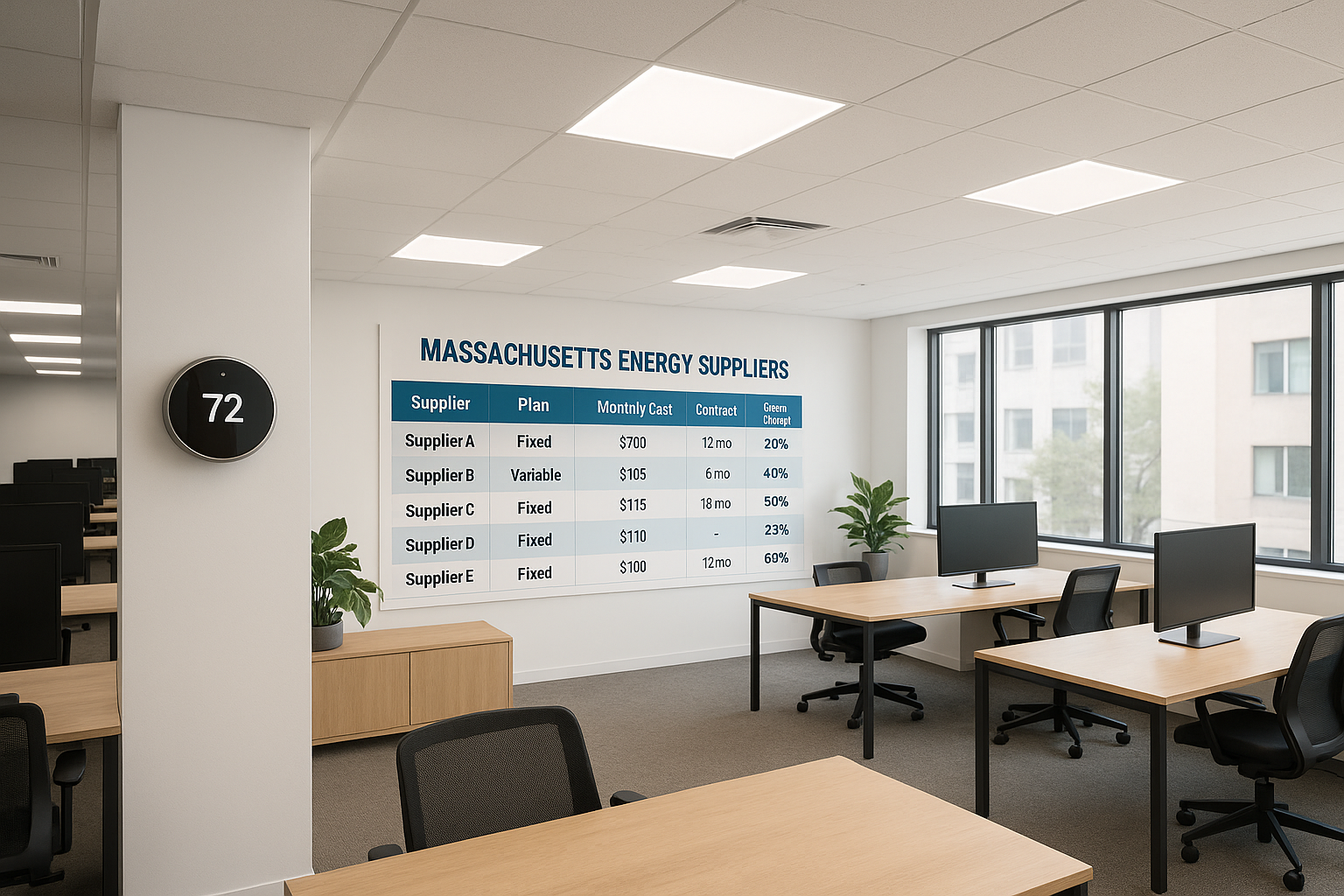Turn Trash Into Cash With Genius Recycling Waste Secrets
If you're tired of seeing waste pile up and are eager to discover how you can turn trash into cash, you’re about to uncover ingenious recycling secrets that not only benefit the environment but also your wallet—browse options to see how you can start profiting today.
The Hidden Potential of Waste
In a world where sustainability is becoming increasingly important, the concept of turning trash into cash is not only appealing but also highly practical. Many people are unaware of the financial potential that lies within their everyday waste. By leveraging recycling secrets, you can transform discarded items into valuable resources, providing both environmental benefits and a potential income stream. As landfills overflow and natural resources dwindle, recycling offers a sustainable solution that can also be financially rewarding.
Types of Recyclable Waste
There are numerous types of waste materials that can be recycled for profit. Commonly recycled items include metals, plastics, paper, and electronics. Each category has its own market value and recycling process:
- Metals: Metals like aluminum and copper are highly valuable. Aluminum cans, for example, can fetch a decent price per pound and are in constant demand due to their recyclability.
- Plastics: Different types of plastics, particularly PET and HDPE, are recyclable and can be sold to recycling centers. The market for recycled plastics is growing as more companies seek sustainable materials.
- Paper: Newspapers, cardboard, and office paper are easily recyclable. While the price per ton might not be high, the volume can lead to substantial earnings.
- Electronics: E-waste, including old phones, computers, and other electronics, contains precious metals such as gold and silver. Specialized recycling facilities can extract these materials for profit.
Financial Opportunities in Recycling
The financial opportunities in recycling are vast. According to recent market analyses, the global recycling market is expected to reach USD 377 billion by 2024, growing at a compound annual growth rate (CAGR) of 5.2%1. This growth is driven by increased awareness of environmental issues and the economic benefits of recycling.
How to Get Started
Initiating a recycling business or personal recycling project requires some groundwork. Here are a few steps to help you get started:
- Research Local Recycling Centers: Identify local recycling facilities and understand what materials they accept and their pricing structures. Visit websites or contact them directly for the most accurate information.
- Organize Your Waste: Segregate your waste into different categories to ensure you are maximizing your recycling potential. This organization will make it easier to transport and sell your recyclables.
- Invest in Equipment: Depending on the scale, you might need basic tools like compactors or balers to efficiently handle large volumes of recyclable materials.
- Stay Informed: Keep up with market trends and pricing. The value of recyclable materials can fluctuate, so staying informed will help you maximize profits.
Real-World Success Stories
Many individuals and businesses have successfully turned recycling into a profitable endeavor. For instance, TerraCycle, a company that specializes in hard-to-recycle waste, has grown into a global leader in the recycling industry2. Their innovative approach to waste management demonstrates the potential for creativity and profitability in this field.
Exploring Specialized Services
For those seeking to dive deeper into recycling, there are specialized services and platforms available. Websites like Freecycle and Craigslist offer avenues to give away or sell items that might otherwise end up in the trash. Additionally, platforms like eBay allow you to sell refurbished electronics, providing another stream of income.
As you explore these options, remember that the key to success in recycling is consistency and adaptability. By staying informed and flexible, you can turn waste into a valuable resource, contributing to a greener planet while enhancing your financial well-being.








